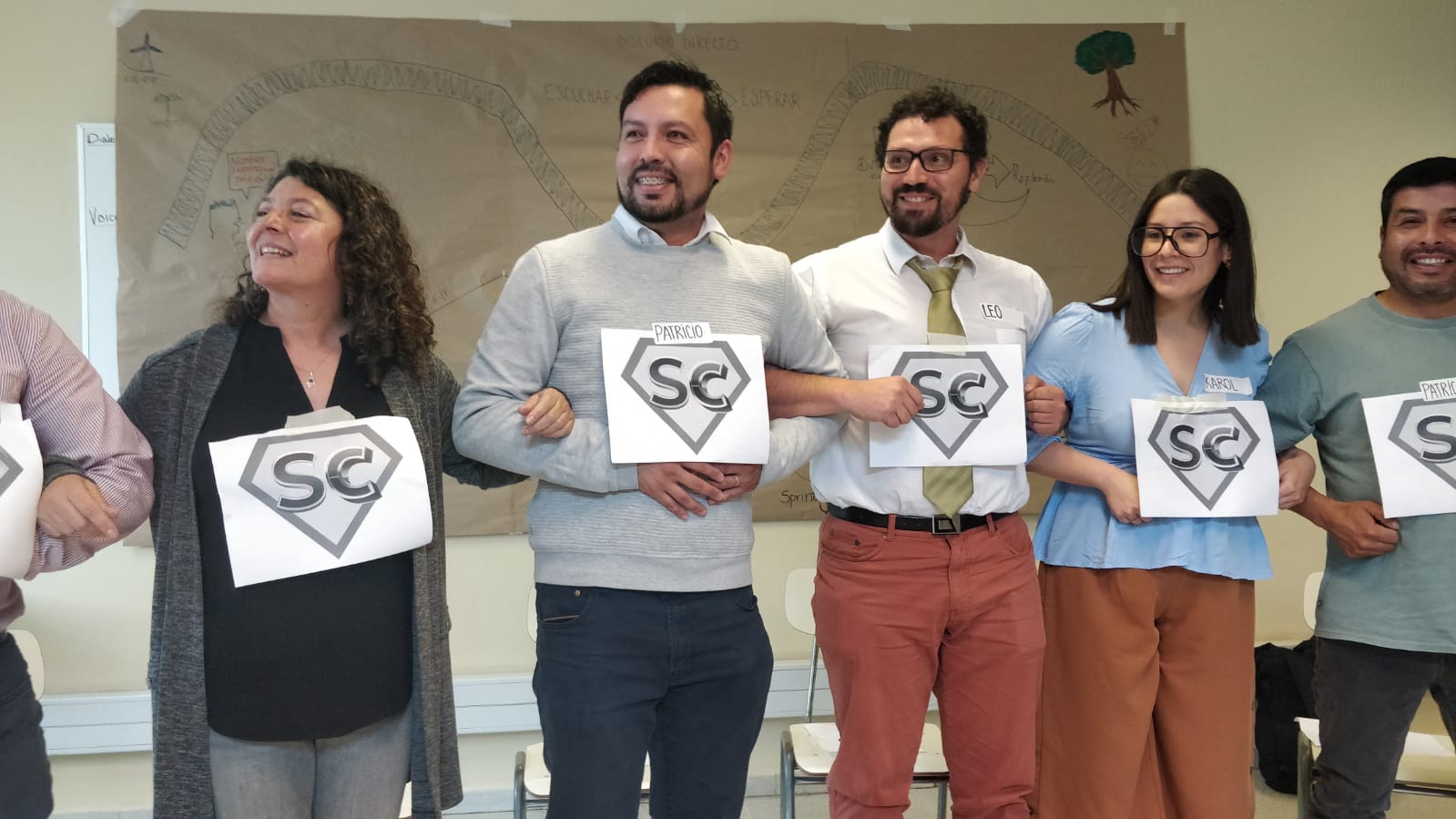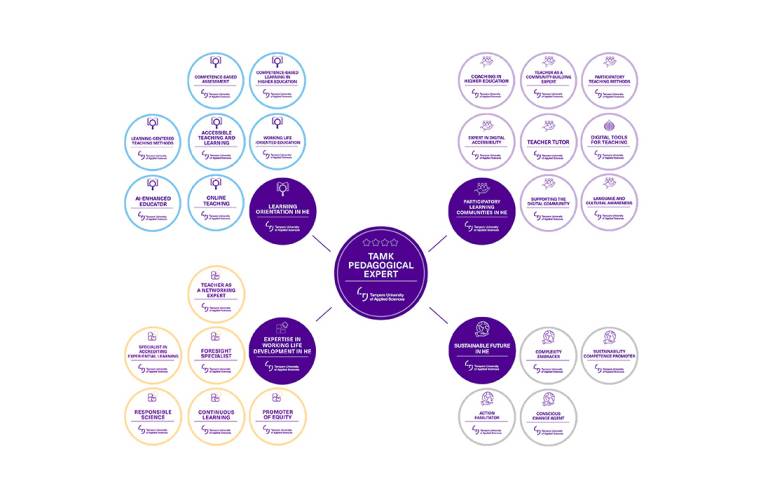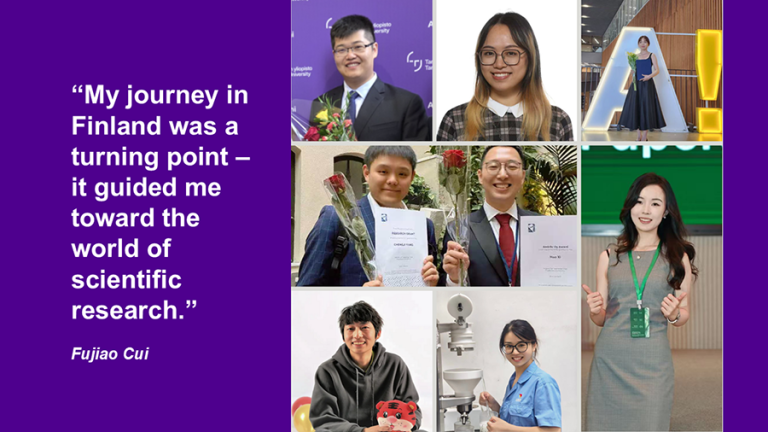In the beginning there was a group of Chilean teachers dreaming of a summer holiday
La Serena, Chile. January (early summer). Last week before the summer holidays. A challenging time to get 30 teachers for a whole week of training, which is “obligatory voluntary” for them, as one of them put it. Just after the holidays, in March, they should be able to coach the student teams that will start the six-month Sprint Innovation Festival. This was the starting point for building the transformation from teacher to team coach.
The good thing about having 30 probably very experienced teachers to coach is that the room is full of knowledge. At the heart of team coaching is the idea of learning together and participants creating something new together. To cope with the coaching challenge ahead, the team must itself function as a team, a coaching team. The experience of being coached, of working in a team and of team learning will hopefully be an asset. These were the things we set out to achieve during the week.
Stages of transformation
During the introductory round, all we asked for was a first name, a background organization and one´s “passion” – a particular interest. Most mentioned learning or teaching; a few ventured to mention playing guitar or barbecuing. A cautious start, we thought.
The image of an icy Tampere was a winged reminder that our experiences should not be thought of as directly replicable. There was no need to spend time arguing about whether Proakatemia would work in Chilean culture or not.
Starting points were also sought through group work on “What are you doing? and WHAT are you doing?” (Nevalainen 2023). Some people stared in disbelief at the task, which tested their tolerance for uncertainty, but everyone joined in to reflect on the topic. The result was sharp quick analyses of teachers’ everyday lives and realities.
We were introduced to the art of thinking together, the art of dialogue. In the first dialogue exercise, genuine listening and following up on what the other person said out loud was not really working. The speeches tended to be rather monologues. For the second exercise we added the speech notes. Each person was allowed three speeches and one question. It worked. Improved. They liked it. Since then, someone always took the initiative to comment on their dialogue skills in different situations. Satisfied, we concluded that the idea of dialogue remained alive.
Add fuel to the fire
During dialogue we had talked about teams. Logically, the next step was to think about learning. The topic of the small group dialogue was, for the most part, ‘how do you know you are learning’. The results had to be crystallized into a presentation, as there was an attractively small stage available in the day’s venue. Now psychological safety was being built! Teachers threw themselves with abandon into presenting situations that usually had students learning from a good teacher. Even with a basic level of Spanish, one could understand what was happening in the learning situations. The academic niceties remained, and admittedly we were all howling with laughter.
It was easy to see the difference between teaching and coaching from the situations in the presentations. In coaching, you are faced with a situation where no one knows the outcome. The Sprint, known locally as Talento Verde, solves unique challenges for companies, for which no teacher has a ready answer. Neither does the company itself. It became clear that precisely coaching is needed for collective thinking, knowledge acquisition and creativity.
Different ways of giving and receiving feedback were discussed. So much work had been done in small groups and in the whole group dialogue circle that a round of thanks was implemented at the end of the day. Everyone had to thank someone (except us) for something in front of everyone. The thanks were scattered over many people, some received several, some none. Hopefully, the experience encouraged everyone to continue to be active, as thanks were given just for putting yourself out there, helping, making good points, or asking sharp questions.
A harsh reality strikes
Halfway through the week, we were introduced to the theory of Talento Verde by a local project manager. After the morning, the atmosphere was rather quiet. We sensed that many people wanted to run away. Empathy mapping was brought in to help. Small groups considered what the different parties involved in Talento Verde hear, see, feel. It was discovered that people other than the coaches have mixed feelings around the topic. The panic calmed down. Moving forward together. Probably our years of experience in similar situations helped at this point. In other places we have coped as well.
Then we started to think about the practical steps to take when Talento Verde starts. Where does trust come from? How do you build team spirit? Participants shared their favorite icebreakers and put those in practice.
We kept the theoretical parts very short. There is no point in travelling halfway around the world to lecture qualified people on things they can read themselves from books or other sources afterwards, once the motivation to do it and the knowledge of the theory behind it has been built up. We only revealed the book list at the end of the last day, and judging by the Whatsapp conversation, people started looking for literature the very next day.
At the end, of course, there was a final exam in the form of a birth. So far, there had been no talk of Talento Verde’s coaching team. Now the task was given to give birth to a proper coaching team. It took up to two hours. Everyone left the room. We were scared. It was as if we had gone in small groups again, even though the intention was to create one big coaching team. It was a great relief when the whole group was found in the library working together.
What was born?
At the beginning of the birth presentation, we were seated in the middle of the room. The teachers were grouped in a tight circle around us, sitting down. The whiteboard was covered with a giant-sized drawing of the Teacher to Coach process and the upcoming Talento Verde timeline. Decorations included dialogue diamonds and growing seedlings. Again, the excitement. What on earth are they going to do to us? And had they given birth to Talento Verde when they should have given birth to a coaching team? How on earth were we going to remedy the situation in the little time we had left? The coaches have all sorts of things on their minds, even if we don’t do anything physically.
Trust the process. Teachers demonstrate teamwork and super-coach-level trust in the future work by getting to know each other. Team coaches were sought after, and supercoaches were obtained. That’s just great.
At Proakatemia, we like to say that no one is really a team coach until they have coached one team from start to finish. That’s still to come for these coaching youngsters, but the belief and confidence that together they can rise to the challenge is heart-stopping.
The WhatsApp group changed its name to the Super Coaches League.
Text & picture: Hanna Saraketo





